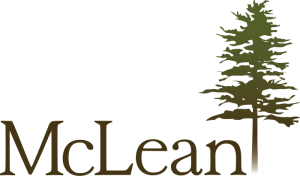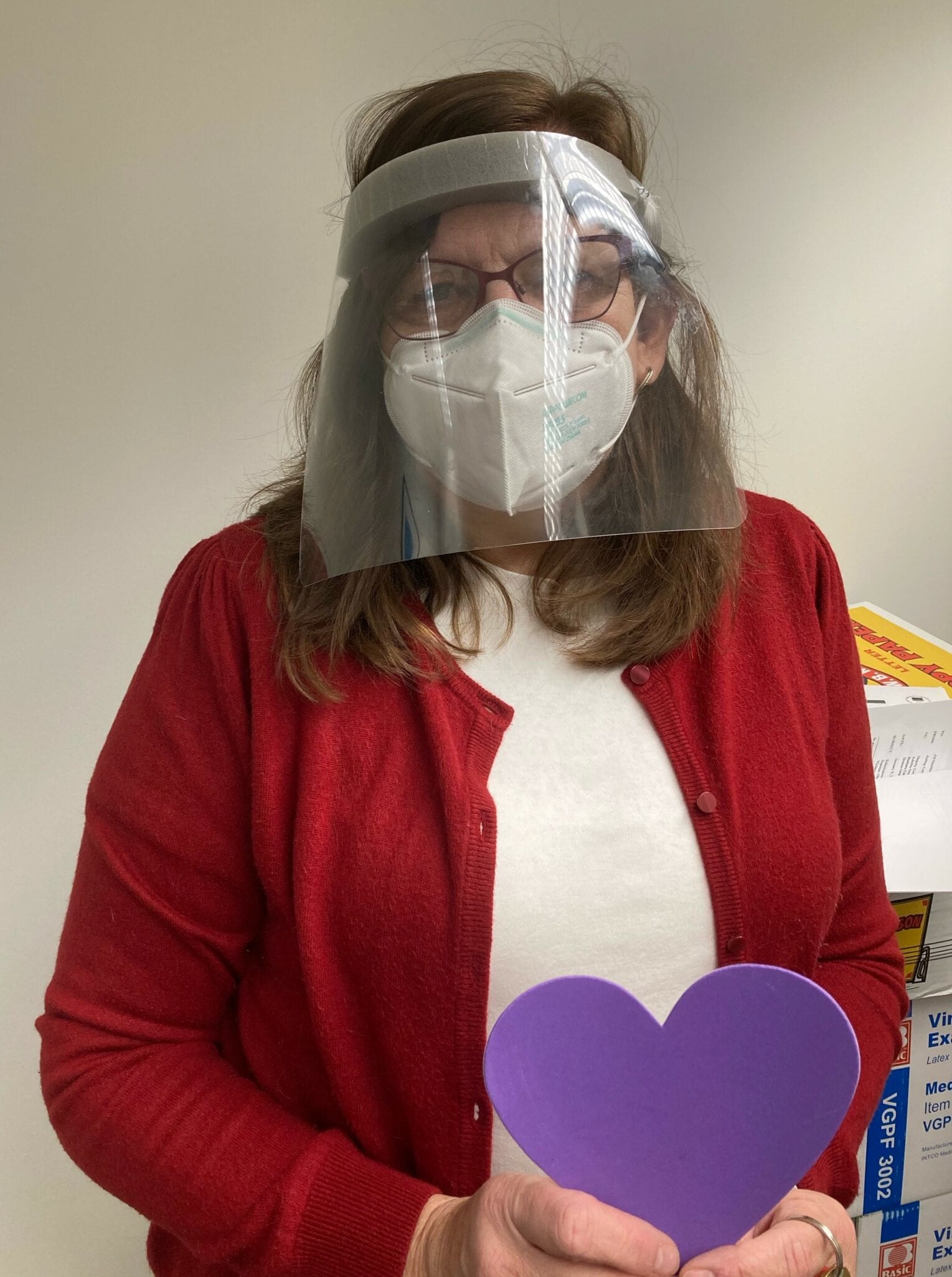Don’t Ignore the Early Warning Signs During COVID-19.
Year after year, cardiovascular disease is the leading cause of death for men and women over age 65. The statistics are alarming, but the good news is that in many cases, heart conditions can be prevented. For this reason, the American Heart Association has designated February as American Heart Month; it is a time for education and awareness; a time during which we are encouraged to understand the early warning signs, the risks and the choices we can make to lead a more heart healthy lifestyle.
Heart Health month was created as a federally designated event back in 1964, but the American Heart Association says that this year, the COVID-19 pandemic has heightened the urgency for awareness. This is due to the potential impact the virus can have upon heart health, as well as the fact that many people have delayed or avoided heart-related medical care. Quarantine has had consequences, too, and has contributed to unhealthy eating behaviors, an increase in alcohol consumption and a decrease in physical activity.
Recognize Possible Early Signs of Heart Problems
This February, McLean is encouraging everyone to learn how to recognize possible early warning signs and to act upon them by keeping up with your medical appointments. Keep in mind that not all heart problems have the same symptoms, and always check with a physician if you are experiencing:
- Chest pain, discomfort, tightness, or pain that radiates down to your left arm
- Nausea, Indigestion, heartburn, or stomach pain
- Light headedness or breaking out into a cold sweat
- Discomfort or pain on one or both arms, back, jaw, neck, or stomach
- Shortness of breath (with or without chest discomfort)
McLean Home Care’s Living with Heart Failure
McLean’s award- winning team of skilled professionals safely treats patients in the comfort of their homes. Highly experienced registered nurses (RNs) teach patients how to properly use medications, flavor food with less salt to reduce water retention, and recognize early warning signs to report quickly to their healthcare providers.
Often, our patients benefit from home based telemonitoring with easy-to-use Bluetooth technology, to transmit information such as daily blood pressure, heart rate, weight, oxygen saturation levels, as well as any key warning signs to the McLean telemonitoring RN in between visits. Physical Therapists visit patients at home to tailor exercises to build endurance and exercise tolerance, and Occupational Therapists provide patient-centered energy conservation advice for activities of daily living. Rest assured, the McLean staff follows all safety protocols and is tested weekly for COVID-19.
On the McLean campus, our medical professionals, Boundless wellness staff, life enrichment and dining teams, all work together to create a heart healthy lifestyle for residents and patients.
For more information, visit https://mcleancare.org/health-services/home-care/ or call the Home Care office at 860-658-3954.


